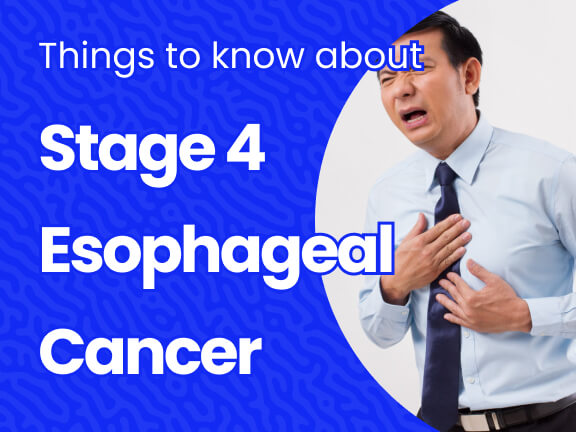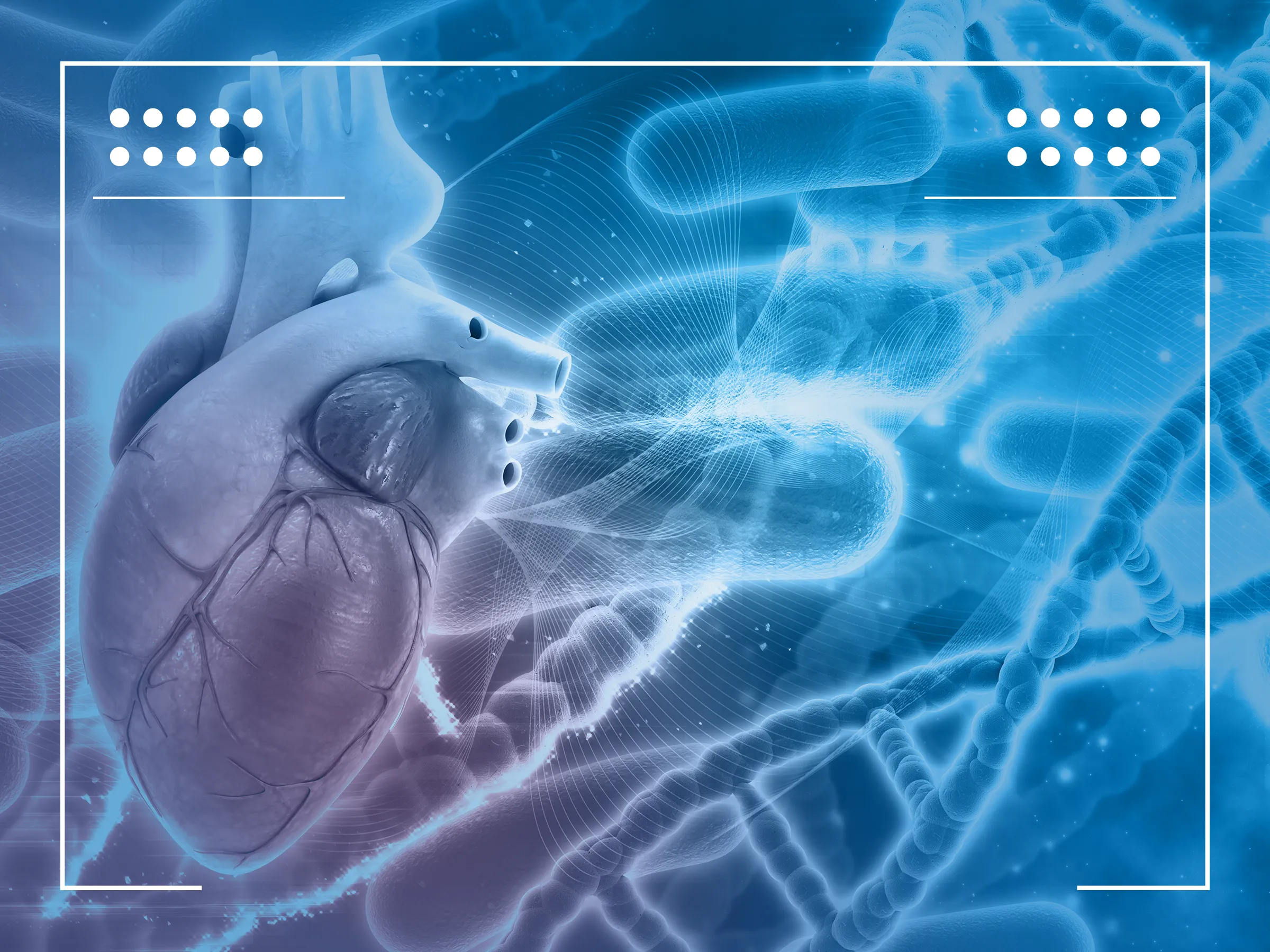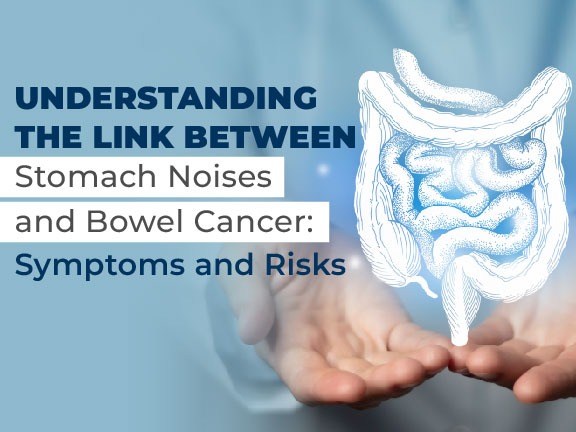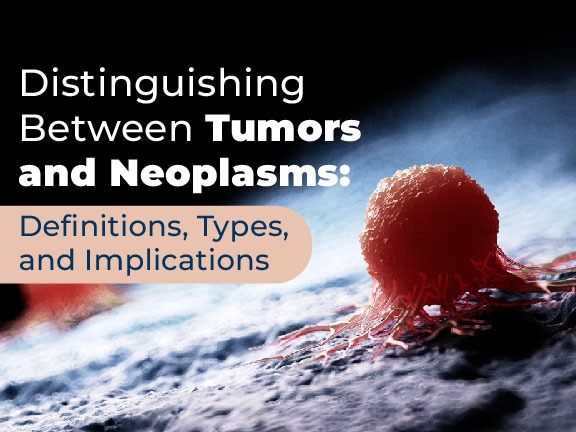Gallbladder cancer is a condition that often goes unnoticed and tends to show symptoms in advanced stages. This type of cancer originates in the gallbladder, a small organ located beneath the liver that aids in digestion by storing bile. Common symptoms that may eventually appear include abdominal pain, jaundice, and weight loss. Unfortunately, because symptoms typically manifest late, gallbladder cancer is frequently diagnosed at a more advanced stage, which can complicate treatment efforts.
Gallbladder cancer prognosis and treatment options vary significantly depending on the stage at which the cancer is detected. Early detection can greatly enhance the effectiveness of treatment, which may include surgery, chemotherapy, or radiation therapy. Surgical options might involve the removal of the gallbladder and parts of the liver and bile ducts if the cancer has spread. For those diagnosed at a later stage, palliative care might be recommended to relieve symptoms and improve quality of life. Regular check-ups and risk factor management, such as maintaining a healthy weight and diet, are advised to mitigate the risk of developing gallbladder cancer.
Signs of Gallbladder Cancer
Gallbladder cancer symptoms can be subtle and often go unnoticed until the disease reaches an advanced stage. The early symptoms of this type of cancer might mimic those of less severe illnesses, such as gallbladder disease, making it difficult to diagnose early. Common signs include abdominal pain, nausea, and unexplained weight loss. As the cancer gallbladder progresses, more specific symptoms such as jaundice, which is a yellowing of the skin and eyes, may develop due to blockage of the common bile duct.
The hepatic duct, common bile duct and cystic duct are part of the biliary system, which can be affected by the spread of gallbladder cancer. This spread can lead to significant complications including biliary obstruction, which exacerbates symptoms. The liver and its function can also be impaired if the cancer spreads to this vital organ, further complicating the patient’s condition. Such developments often compare with liver cancer in their severity and impact on the body’s anatomy.
Cancer treatment for gallbladder cancer includes a variety of approaches depending on the staging of the disease, which is assessed using criteria such as the National Comprehensive Cancer Network (NCCN) guidelines. Early-stage cancer may be treated surgically by removing the gallbladder along with parts of the liver and bile ducts if necessary. More advanced cases might require systemic therapies such as chemotherapy or targeted therapy, which are the mainstay of treatment for many types of cancer, including this one.Understanding the symptoms of gallbladder cancer is crucial for early detection and treatment. Regular medical check-ups and paying attention to body changes can aid in catching the disease before it advances too far. As with many cancers, early detection and prompt treatment significantly improve the prognosis and quality of life for those affected.












